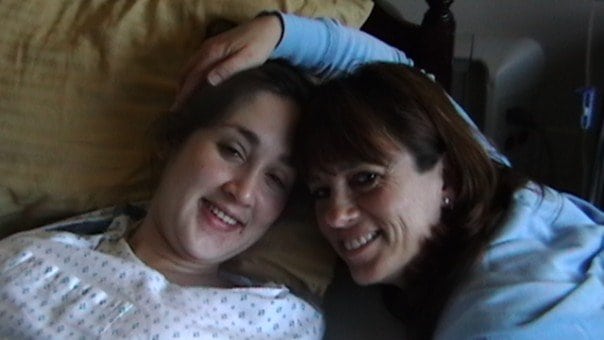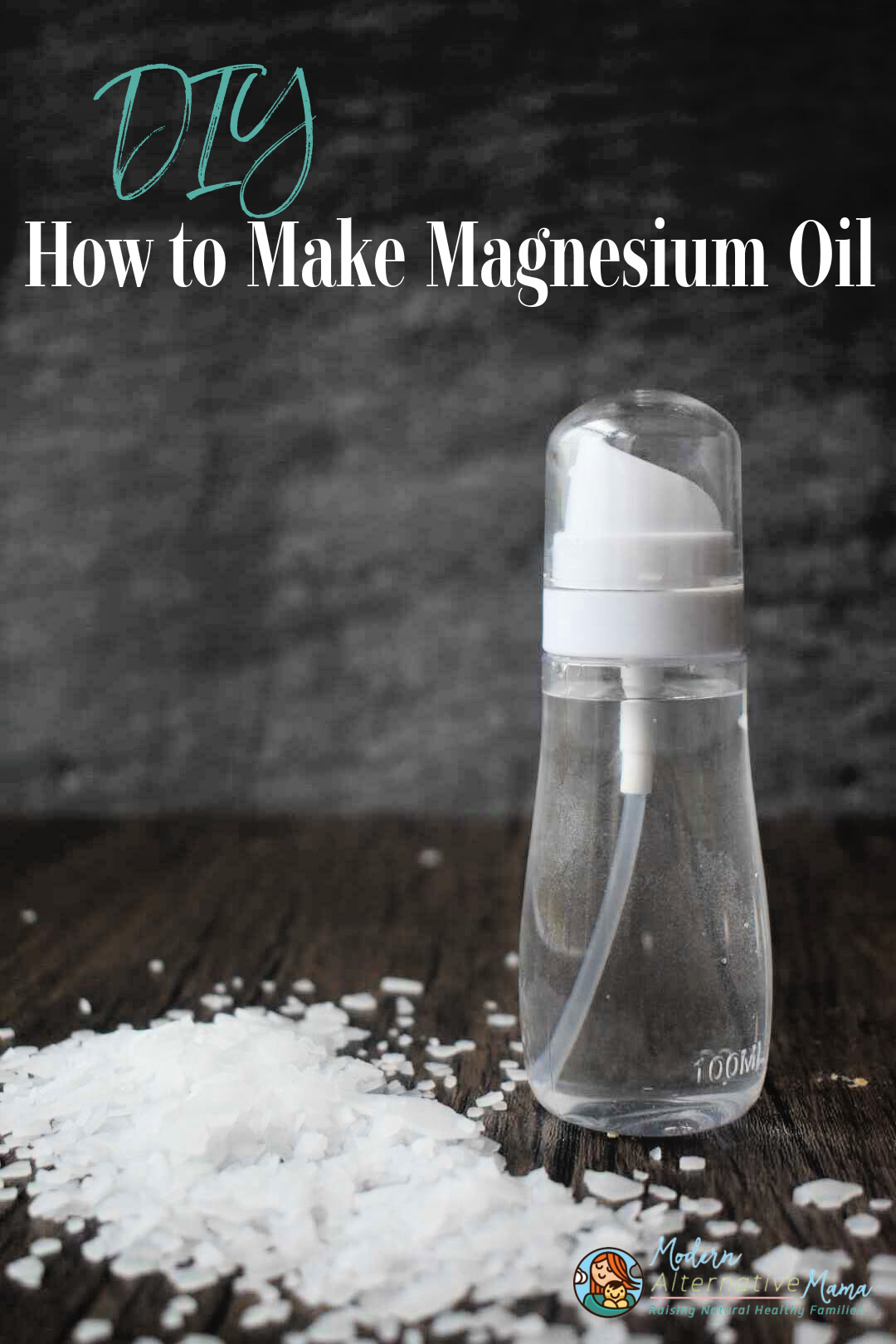Image by freedigital.net
By Jasmine, Contributing Writer
I teach continuing education classes for an organization called Healthy Moms(R) Fitness to allied health and fitness professionals. I learned from Sheila Watkins, the founder, that we never want to minimize a woman’s birth by just calling it a “c-section.” Isn’t it still a birth? It may not be the form of birth that many of us want, but it does not make us any less of a woman. That is why I call it a “C-Birth.”
Well I had two of them. Not by choice. I tried with all my might to have a home birth with my daughter. It resulted in a transfer to the hospital when, after my water broke, there was merconium. We tried for two more hours at home. Close to 40 hours later, we consented. I prayed, “God, if it is Your will, I concede.”
My VBAC attempt was no picnic either. After failing to progress (again) we decided to go ahead with the c-birth and thank God we did. When my doctor opened me up, it became a true emergency as my uterus had ruptured. Recovery was much more difficult and I used different methods to recover both times.
Here is what I want you to know if you end up having a C-Birth – how you can be prepared to recover at home.
1. Brace Yourself
My mom was prepared for me. After her abdominal surgery, she brought this hard teddy bear she was given in the hospital to use when she had to cough, sneeze and pass stool. It was extremely helpful to put pressure against my incision when I had to cough and pass stool. I think more hospitals should give these to moms who had C-Births. Having a firm pillow is also helpful.
2. Prepare to Pass Stool – Naturally
Speaking of passing stool. I avoided the stool softeners and ate a high fiber diet and drank a ton of water. High fiber foods included chia seeds, unfiltered flax oil, and beans (especially black beans) to help with iron replacement. I lost almost 2L of blood with my second, so while iron supplements were given, I chose not to use them again. Green smoothies that were rich in Vitamin C and quinoa were effective and more to my liking.
3. Make Passing Stool Easier
While we are still talking about using the potty, get a step stool to put your feet on when passing stool. Placing your feet on the step stool and leaning back will let gravity help do the job. You can use the same step stool for when your toddler starts using the potty as they too will need something to support their feet. I like the EZ Folding Step stool, it is easy to store and easy on the pocket.
4. Manage Scar Tissue
When ready and with your doctor’s permission, begin scar tissue management care. I bought some organic shea butter and my doctor advised me to begin gently rubbing the scar in circular motions to increase circulation to my scar, especially since my uterus had ruptured. I also went to a physical therapist for treatment about six months postpartum. It is a painful process, but necessary. Read more on What You Need to Know About Scar Tissue Managment.
5. Rest
Remember, it is YOUR job to take care of the baby and everyone else’s job to take care of you, the house, clean, help with laundry and cook. Rest is key! Consider signing up for the free site called MealBaby, an online meal registry where friends and family can organize when to bring you home cooked meals. And if you have a friend that doesn’t like to cook or lives in another town, they can mail you a gift card to your favorite restaurant. Or they can come and clean your bathrooms.
I am also a big fan of using quality supplements. Looking back I would have added Camu Camu powder, a highly potent Vitamin C powder. Actually 30 times more vitamin C than an orange to help boost my iron levels. My doctor was impressed with my iron levels going into the surgery. She said what I tested post-surgery is what many women test at before going into birth. A high protein diet in the third trimester is crucial for both mom and baby. I also used a high cultured probiotic for internal recovery.
Never minimalize how your baby got into this world, being empowered before hand is key to a successful birth, but in life we must always have a Plan B, or even a Plan C.








Thanks for sharing this! I have had two c-sections (after trying to have a vaginal birth each time) and sometimes it’s hard to find natural ways to help with that. I will be having my third in a few months and it’s a good reminder to consider what I can do to support my body.
( I also think it’s interesting that you call it a c-birth. While I know it is still a birth I do struggle with calling it that sometimes. )